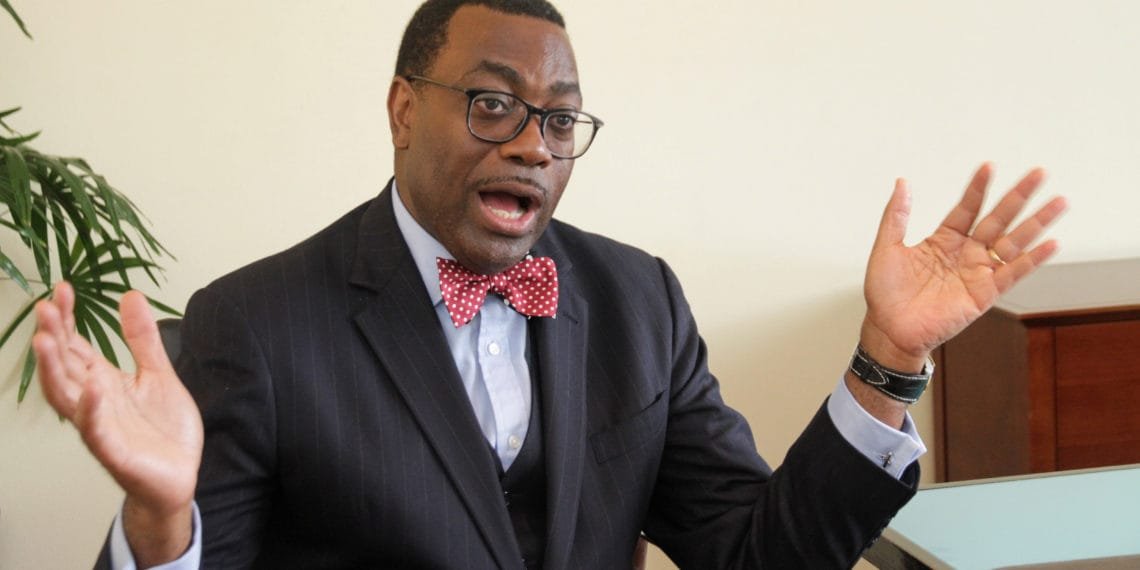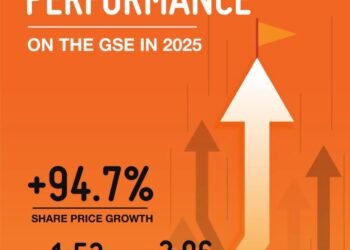The African Development Bank Group (AfDB) has forecast Ghana’s inflation to ease to 8.2% in 2021. With this forecast, the Bank expects the country’s inflation to fall within the mid-point of the Bank of Ghana’s target band of 6%–10%. The AfDB expects the country’s inflation to ease marginally to 8 percent in 2022.
Meanwhile, estimates from the Bank puts Ghana’s Inflation at 10% in 2020, up from 8.7% in 2019. The AfDB attributed this to pandemic-related interruptions in supply chains. It also cited the expansionary monetary policy aimed at mitigating the economic impacts of COVID–19 as one of the contributory factors.
However, data from the Ghana Statistical Service (GSS) show that average inflation in 2020 was 9.9%. This was largely within the Bank of Ghana’s inflation target band. Besides, recent data from the GSS show that the national year-on-year inflation rate currently stands at 10.3% in March 2021. The average price levels in the country over the last two months have been relatively stable.
Moreover, Food continues to be the major driver of inflation in the country. Nevertheless, its contribution has gradually reduced to 46.3% in March 2021, the lowest observed since February last year. Education services recorded no inflation over the last month despite the reopening of schools. Also, the Greater Accra Region continues to record the highest rates of inflation in the country.
One striking revelation was that Housing recorded a high rate of inflation of 29.0%. Unsurprisingly, Greater Accra recorded the highest rate of month-on-month inflation for Housing. The GSS explained that this high rate was as a result of an observed increase in rent prices. This further called to mind the efficiency and reliability of the government’s affordable housing projects.
Ghana’s fiscal deficit
Also, the AfDB expects Ghana’s fiscal deficit to narrow to 7.2% in 2021 and 5.7% in 2022. The Bank attributed the improvement to an expected increase in revenue collection in a recovering economy. There are, however, discrepancies in the government’s fiscal deficit for 2020. The government of Ghana puts the figure at 11.7% of GDP. However, the IMF indicated that per its estimations, the deficit was 16%.
Moreover, per the AfDB’s estimations, the fiscal deficit was 10.5% of GDP in 2020, up from 4.8% in 2019. This was due to revenue shortfall from weak economic activity and unanticipated increased health expenditure. Also, the AfDB expects the current account deficit to shrink to 2.8% of GDP in 2021 and 3.2% in 2022 as import volumes resume their pre-pandemic levels.
Risks to the 2021 outlook
Meanwhile, the Bank warned that the possible second wave of the virus and heightened fiscal and debt pressures cast a deem outlook on Ghana’s economy. This notwithstanding, it describes the general outlook of the economy as good. The Bank indicated that an increase in demand for Ghana’s exports, and improved business confidence will strengthen the economy this year. It also expects the successful implementation of the Ghana COVID–19 Alleviation and Revitalization of Enterprise Support program to boost the recovery.
“The country is only expected to return to its fiscal responsibility budget deficit threshold of 5% of GDP in 2024. The public debt as of the end of 2019 had cost escalation risks because almost 50% of external debt was commercial”.
Also, the AfDB noted that the COVID–19 pandemic significantly curtailed Ghana’s economic growth momentum. As such the Bank estimated that Real GDP growth decelerated from 6.5% in 2019 to 1.7% in 2020. This, the Bank attributed to the slump in oil prices and weakened global economic activity.
READ ALSO: GEA urges private sector to support women in business























